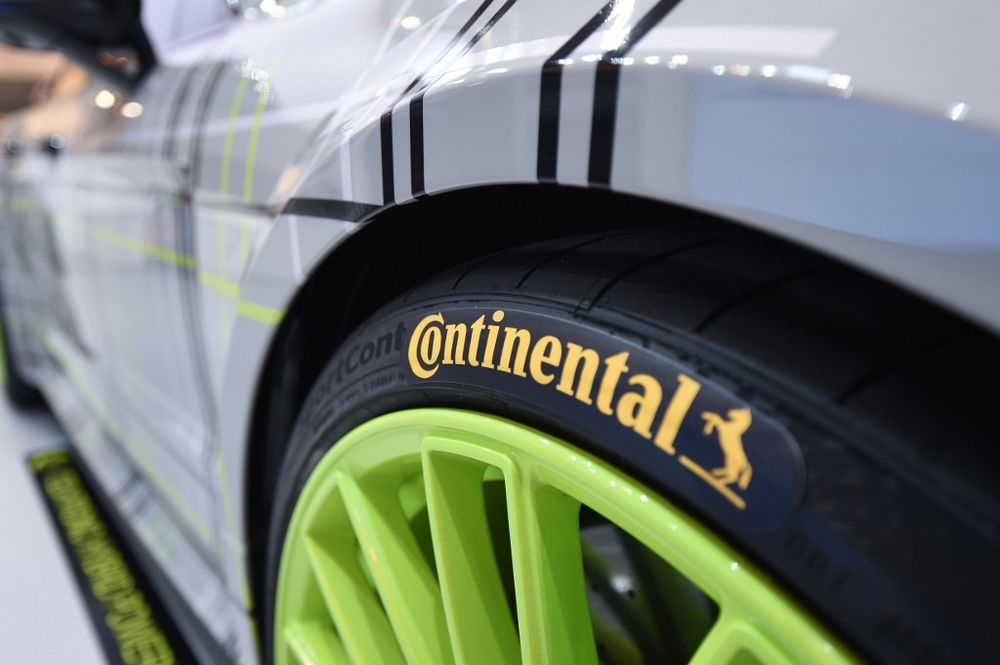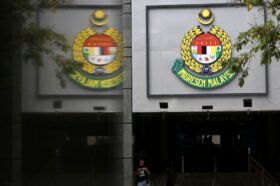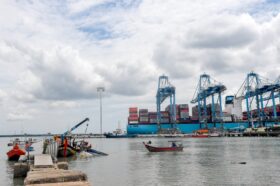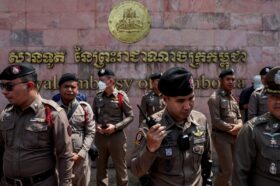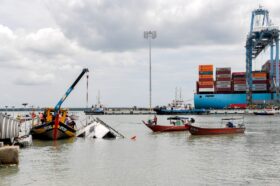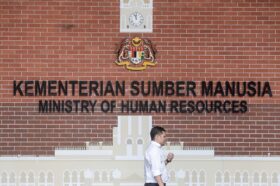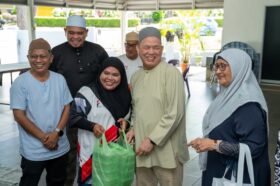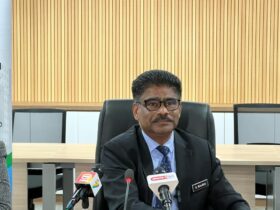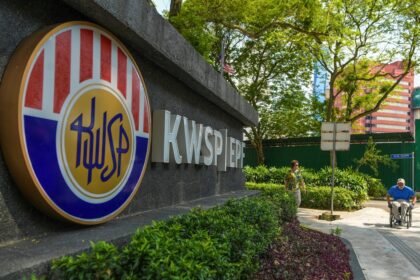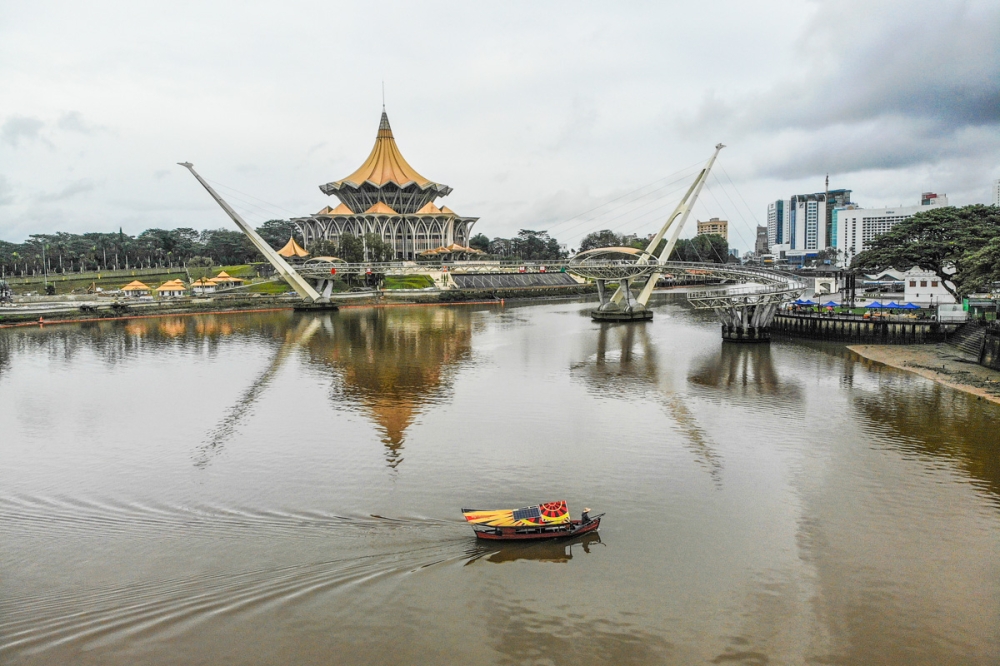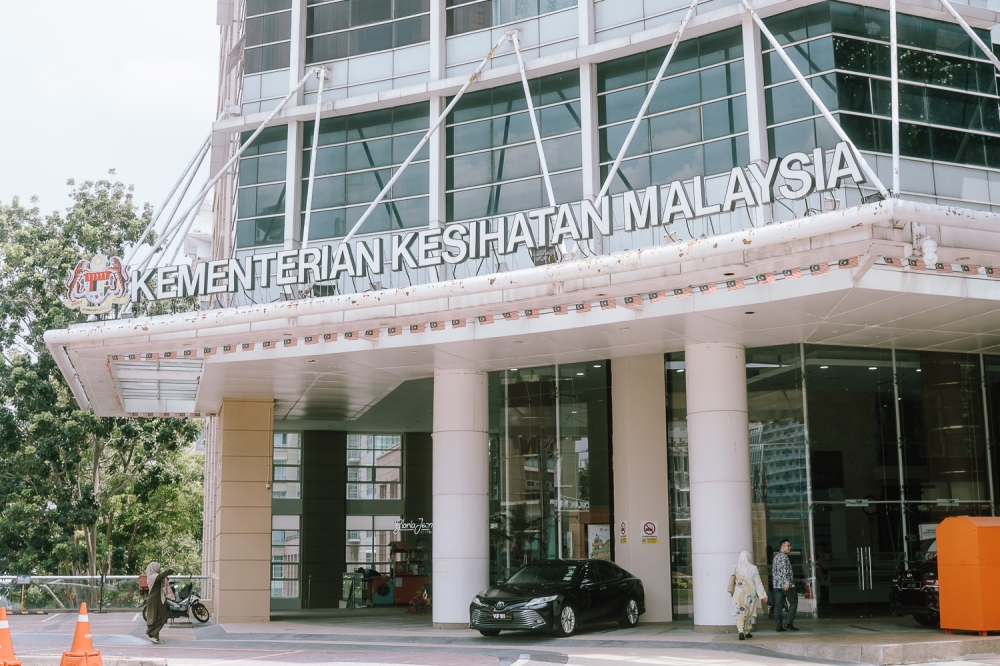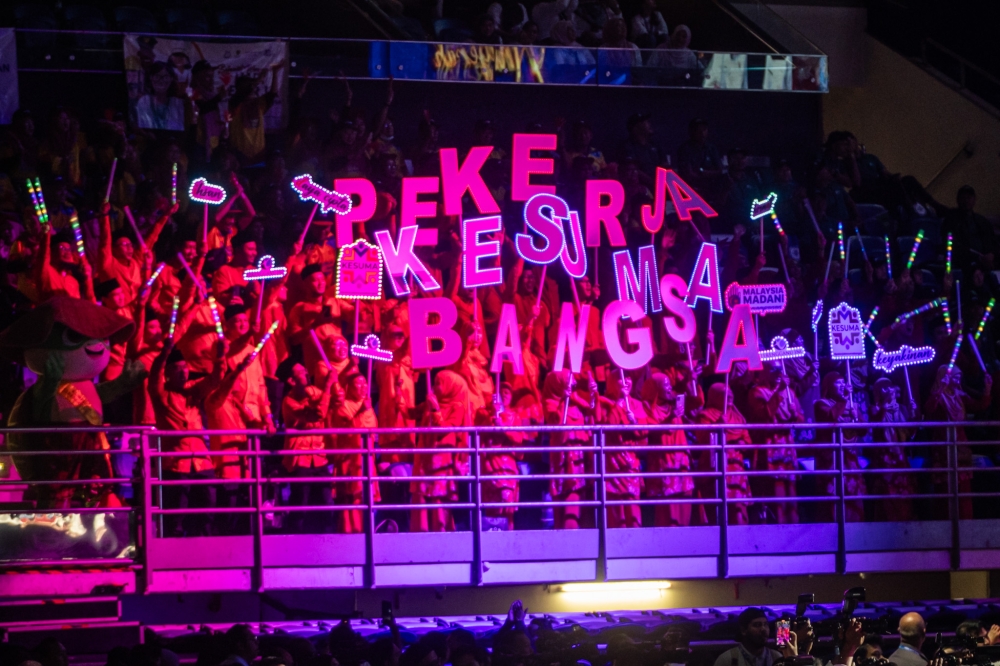MAY 1 — The first rubber tyre factory was built in the United States in 1889. Not sure when the first one was erected in Malaysia but they certainly ramped up production before the Great War since Malaya was the world’s largest producer of natural latex.
Ups and downs, over a hundred years. Even when our neighbours had more rubber trees and plantations, manufacturing was synonymous with Malaysia.
Unfortunately, this May Day, the 950 employees at the Continental tyre factory in Alor Setar have to explore other career options since it ceases operations end of 2025.
The German company in its media statement this week explained it was “adapting to changing customer demand, the company seeks to optimise its local product portfolio and its manufacturing footprint.”
Those PR experts brought in to craft the message would be proud of themselves. It’s difficult to dissect it, let alone make sense of it, and therefore rebut it.
Continental continues its factory in Petaling Jaya. That’s good news.
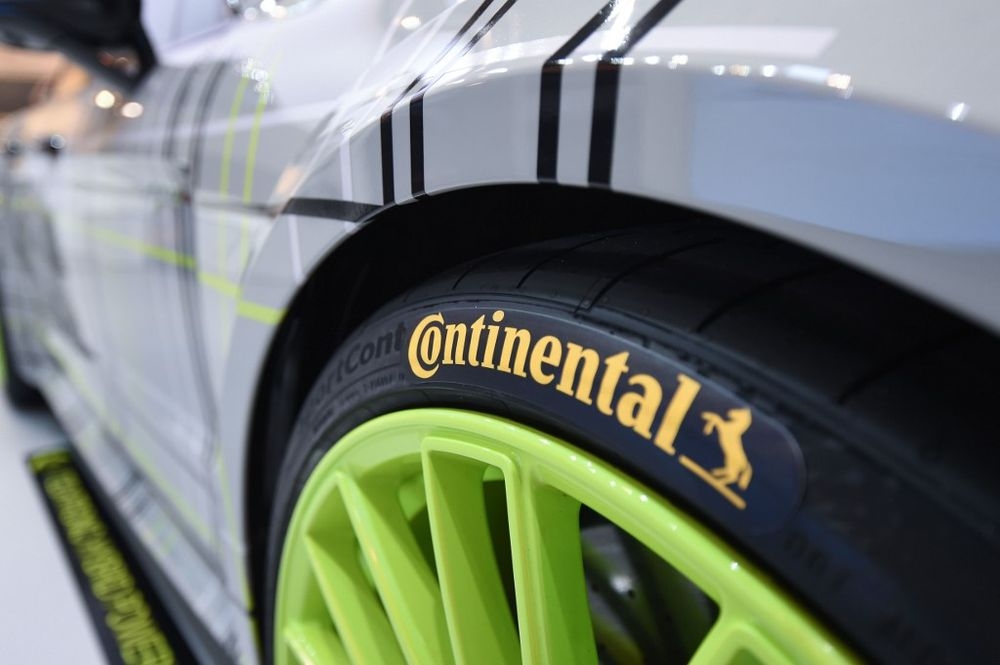
In an economically turbulent world, where automation, trade wars and artificial intelligence shape and reshape productivity each time workers return to their desks on Monday, there is no sure thing.
Life-long employment is a myth. Secure employment is possible but not guaranteed. Contracts are the norm and the chances of laughing oneself to death when informed about the glories of the gig economy is very real.
Before code-writing geniuses send me their bank statements to stump me, there are two types of gig work.
One is about a generation of younger people with high skillsets who seek flexibility and party-time, bouncing from one resort town to another, living the dream by writing code between surfs. Kudos to them.
The other gig work, fulfilling transactional tasks for a nominal fee, as evidenced by delivery guys and e-hail drivers, is not sexy. A much larger number of workers fill these.
One type of gig community member lives in a Mont Kiara condominium, and the other at the end of the road where Segambut begins, in the squatter zones.
Workers are not what we call the privileged and nor do they prefer to be called that.
Workers in essence, those who embody class struggle, express a willingness to toil in exchange for a living wage. They are also children of today even if they continue a tradition of centuries, meaning they are forewarned that labour intensive manufacturing is on the wane.
For this May Day, there are two things the Malaysian government can offer.
‘Follow me, let’s do this together’
Leadership and honesty.
They cannot offer the world to our workers, but they can tell them they will stand right up at the front of the issues affecting employment and say truths, even if those truths hurt.
Let’s re-examine the Continental Kedah exit situation.
The company seeks to use the next six months to retrain, counsel and relocate where possible. Kedah agrees to absorb some factory personnel into state payroll and find them other jobs.
What is absent is the willingness to frame the situation better to Malaysia.
When a monumental event occurs, those with the education and training — the civil service primarily — have a duty to process the developments and offer a summary which aids general comprehension.
Instead, the news is dominated by the company’s information, which is about them protecting their own interests. Who is protecting the interests of the Malaysian workers by ensuring the Malaysian workers understand the situation better?
Not many it appears.
The state government is bent on not appearing at fault or to fail to look like they are doing enough. The federal government is quiet for now.
For instance, to explain that it is not a regional downsize. Since October 2024, Continental has upped its capacity in its Rayong (two hours south of Bangkok) plant by over 3 million tyres, which in turn is expected to create 600 new jobs.
In its other media statement from last year, it speaks about Asia-Pacific being one of its strategic growth markets.
Which justifies why they seek to invest a further 300 million euros (RM1.4 billion) in its Thai plant.
Rayong, together with nearby Changan, are the automotive centres for Thailand in its Eastern Economic Corridor. Continental aims to supply for the rising electric vehicle action.
When done and dusted, the facts are Continental continues to make tyres, probably more, just not as much in Malaysia.
If Continental feels so, how much longer before the others let a similar sentiment creep up ostensibly to improve their profit margins.
Knowing that, or to anticipate it, arms the Malaysian workers. That’s good government work.
Malaysia has no means to control world events. But world events scare Malaysians.
They do not expect the government to solve their problems, like a European manufacturer leaving. It picks what serves its profit and loss statements and not the Malaysian people.
Malaysian workers do need, even if they do not realise, leadership from their government.
To listen to inconvenient truths. Facts are important, even if repetitive. They assist in decision making. Denials do the opposite, they force the victims, in this case Malaysian workers into confusion and paralysis.
The way our ministers explain situations, it appears by the mere tightening of a single bolt success will follow. As the tyre manufacturing situation inadvertently reveals, there are a plethora of problems requiring a transformation in our automotive industry.
There are questions, they are pressing questions.
Telling more, honestly, is not going to be a liability for the government. Workers are more likely to back a government which tries to summarise the situation and communicate it. Again, however stark the observations it is far better than to be in the dark.
This is leadership.
There are more Continentals ahead, and workers are worried. A little light from the government fights the darkness. The workers walked through worse before. For a change, the government may join the walk.
Source:  Workers feel a continent away when government sugarcoats, rather than leads
Workers feel a continent away when government sugarcoats, rather than leads
